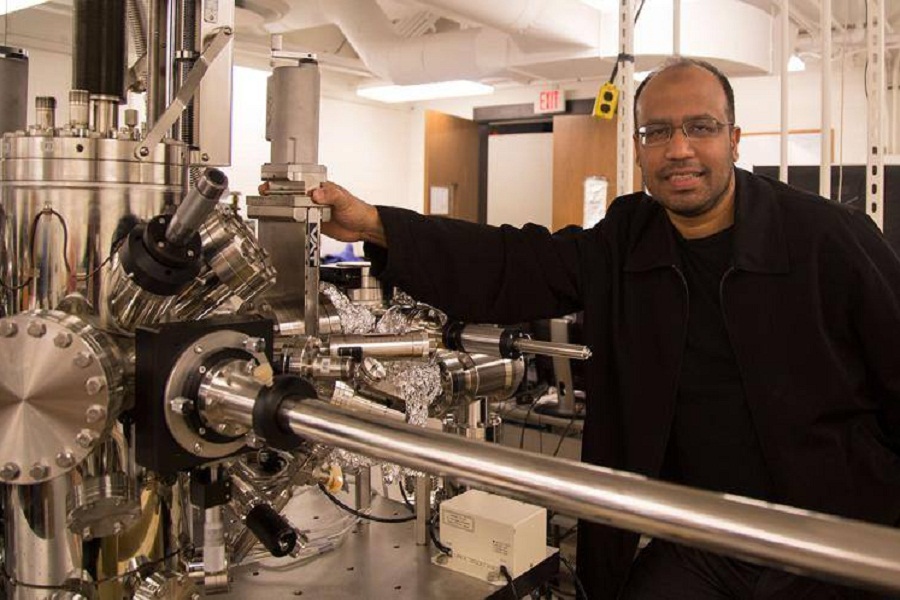
Published :
Updated :

Princeton University's scientific community is abuzz with excitement following a groundbreaking discovery in quantum physics. Led by renowned Bangladeshi researcher M. Zahid Hasan, a team of scientists has achieved a remarkable milestone: the observation of long-range quantum coherence at significantly higher temperatures than previously possible.
This achievement, detailed in the prestigious Nature Physics journal on February 20, heralds a new era in quantum technology research and development.
Quantum coherence, a fundamental concept in quantum mechanics, allows particles to exist in multiple states simultaneously. Imagine a spinning coin that's both heads and tails simultaneously—this is the essence of quantum coherence.
Until now, harnessing this phenomenon has required near-absolute zero temperatures, posing a significant barrier to the advancement of quantum technologies such as super-fast computers and ultra-secure communication networks.
The Princeton team's breakthrough centres on a newly discovered material called bismuth bromide, a type of topological insulator. Unlike conventional materials, topological insulators conduct electricity only on their surface while insulating inside. Bismuth bromide, known as α-Bi4Br4, exhibits the remarkable ability to maintain quantum coherence over long distances and at temperatures far higher than previously achievable.
This discovery holds immense promise for the future of quantum computing and energy-efficient electronics. Quantum coherence is essential for superposition and entanglement—the cornerstone principles of quantum computing. By harnessing the quantum properties of electrons, spin-based devices could revolutionize traditional electronics, offering higher efficiency and reduced energy consumption.
The research, representing over 15 years of dedicated effort at Princeton, utilizes Aharonov-Bohm interference to demonstrate quantum effects. This phenomenon, where electrons maintain coherence across different paths, showcases the potential for topological insulators to function in real-world conditions, overcoming previous temperature and coherence length limitations.
In collaboration with researchers from esteemed institutions worldwide, Professor Hasan's team, including the University of Zurich and the Beijing Institute of Technology, has paved the way for advancements in topological quantum physics and engineering. Their work underscores the robustness of topological circuits against defects and impurities, opening new avenues for exploring quantum information science.
M. Zahid Hasan, whose academic journey began in Dhaka, Bangladesh, has emerged as a leading figure in exploring quantum phenomena. His contributions to topological quantum matter and advanced spectroscopy have earned him international recognition. Currently, he leads the Laboratory for Topological Quantum Matter and Advanced Spectroscopy at Princeton University and serves as a Visiting Faculty Scientist at Lawrence Berkeley National Laboratory in California.
Recognized as an EPiQS-Moore Investigator by the Betty and Gordon Moore Foundation, Hasan's research into emergent quantum phenomena in topological materials continues to push the boundaries of scientific knowledge and technological innovation.
contactnasif@gmail.com


 For all latest news, follow The Financial Express Google News channel.
For all latest news, follow The Financial Express Google News channel.